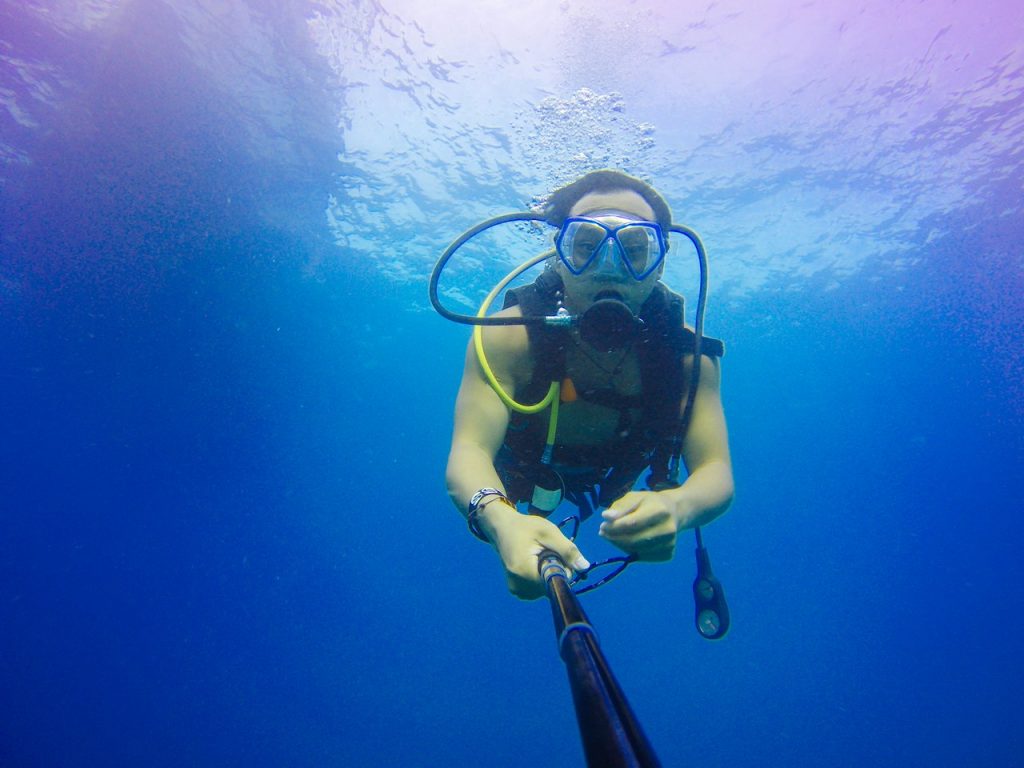Air is the most important thing for a scuba diver. The fundamental aspect of the scuba diving, the iconic image of a diver, is the big oxygen tank they carry to the depths. If you are a professional scuba diver, you want to use your own gear, don’t you? That gear can include various parts, like fins, diving masks, snorkels, scuba tanks, etc. These are some items that you would use when you dive, but there are some items you would use before diving. One of them is an air compressor.
Air compressors used to fill oxygen/scuba tanks in scuba diving. You won’t need an air compressor if you are a one time diver, of course, but professionals used them all the time. Air compressors have a simple working principle, they take air from the atmosphere and release them with high pressure. In this case, they fill the pressurized tanks.
There are many kinds of air compressors for scuba divers out there. From an energy source wise there are two; electric and gas. The most used compressors are electric compressors, but you would need a properly wired place to use them. On the other hand, there are compressors that gas oil as their fuel source. Electric compressors have a certain advantage over gas-driven compressor since they do not need an external fuel.
Since we are working with pressures, we should consider how much-pressurized air our compressors could produce. There are low pressure and high-pressure compressors. Low-pressure compressors are easy to carry around, used in more shallow water, and surface assisted diving. The low-pressure compressors are fixed on the surface and supplies the divers with constant airflow.

On the other hand, there are high-pressure compressors supply pressurized air around 3000 to 5000psi (Pressure Square Inch). They are used by most shops to fill scuba tanks. They are much heavier then low-pressure ones, but they are more efficient in filling big scuba tanks.
The best thing to do before buying a compressor is to check the maximum pressure of your tank and the maximum pressure of the portable air compressor. A matching pair would certainly give better results.
Another important aspect of buying air compressors is filtration. A filter is used to protect the air compressors from any kind of dust, dirt, or other gases in the environment. They are especially important for compressors that use gas as fuel because of the carbon monoxide gas that comes from the engine exhaust.
On top of that, if your compressors use lubricating oils, you should have other filtrations to prevent that lubrications from entering the lungs. These filters rarely come with the compressor itself, so you should consider buying them after you buy your compressor.
And lastly, you should consider heat and noise. All the compressors, whether it is an electric or gas compressor, generate heat and noise. Especially the noise they produce can be over 100 decibels depending on the compressor size. Shops usually separate a special room to use only as a compressor room. Most of us do not possess that luxury, so I suggest you should consider buying a compressor only compensate for your need. By doing that you can avert some problems, you may face.
These are the basics you should consider before buying an air compressor that suits your needs for scuba diving.



